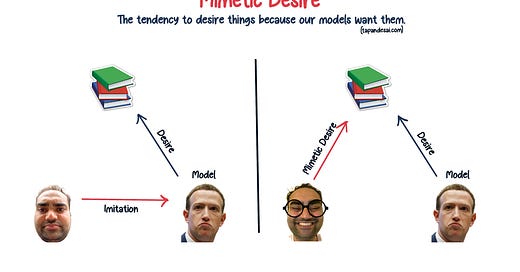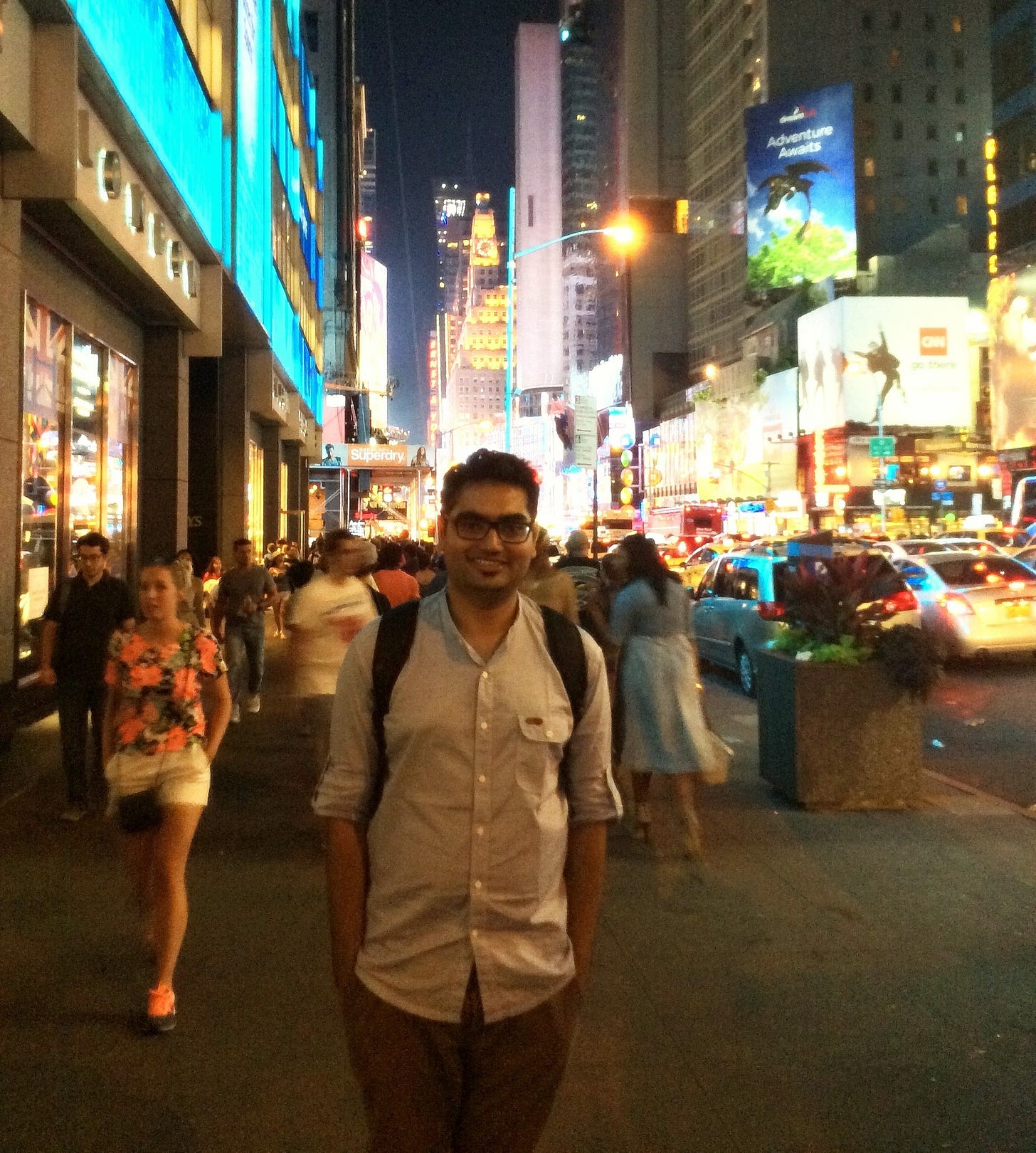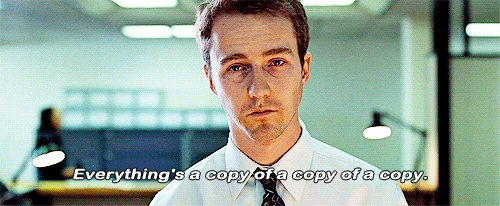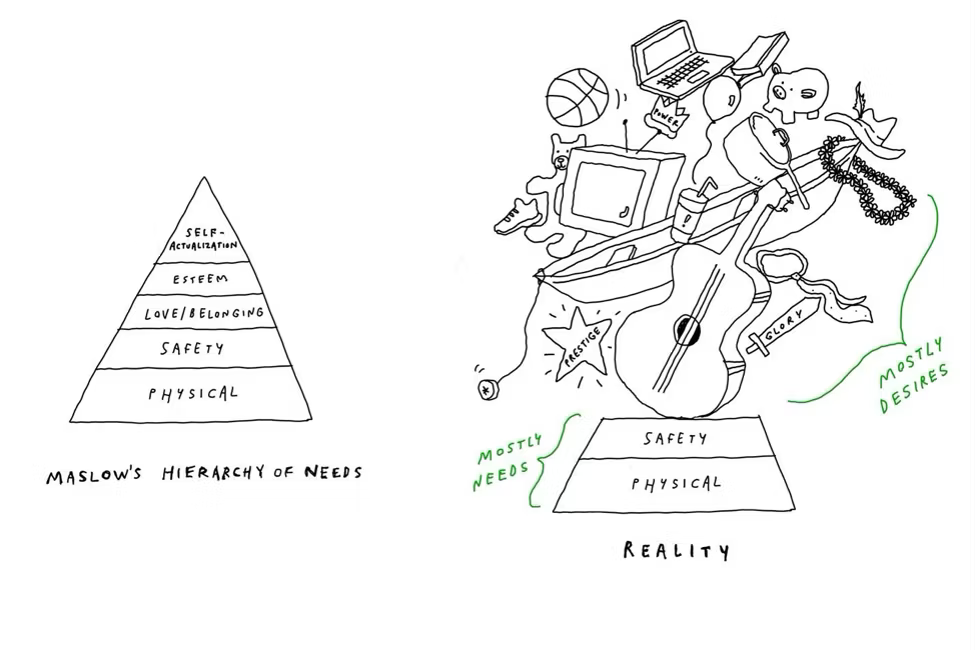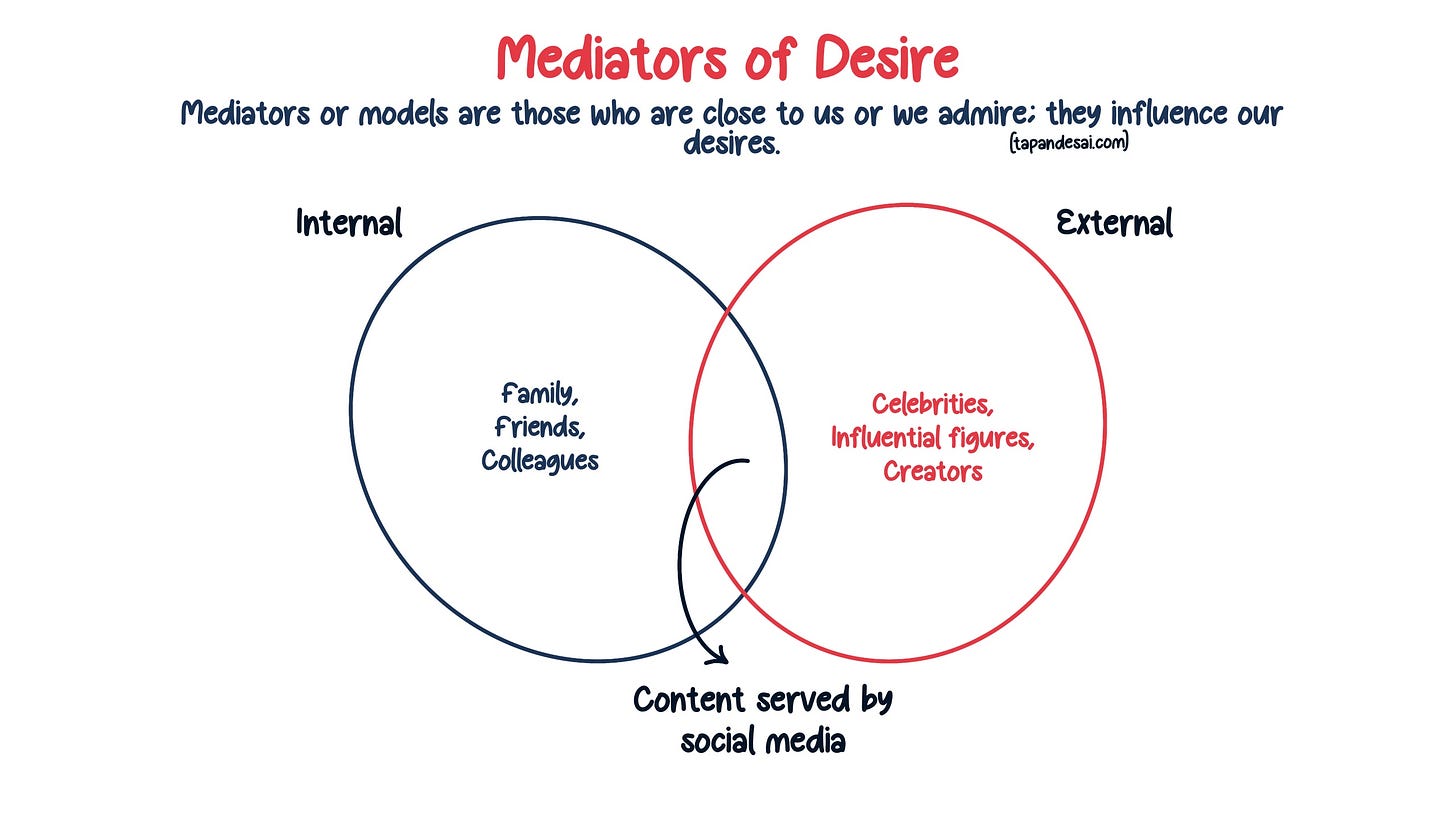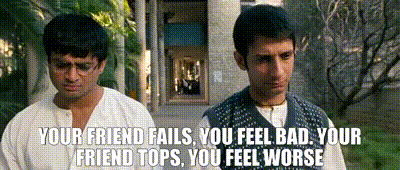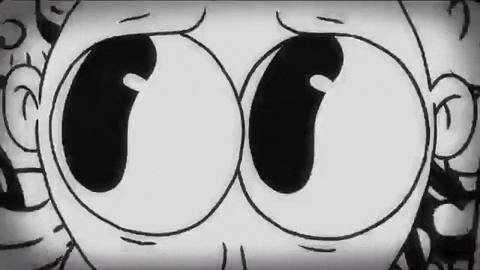Hi👋 Tapan here!
📖 Currently, I am reading: Anxious People by Fredrik Backman
As the year is coming to a close, I am on a fiction reading spree. I recently finished Kafka on the Shore by Haruki Murakami (amazing read but really weird!). Next up, Lessons in Chemistry by Bonnie Garmus.
Also, having read non-fiction for the entire year, the change in pacing and writing style with fiction books is refreshing. It feels like I have swapped my daily cup of black coffee for a Pumpkin Spice Latte.
If you have recommendations, let me know by emailing back or commenting below!
📚 Reading Between the Lines: Why We Imitate Others
A friend recently quizzed me: "When and why did you start reading?"
Growing up, books weren't really my thing (except for Tinkle comics, of course!). But in 2015, I came across this challenge from Zuck. That answered the “when”.
As for the “why”, I had honestly never given it much thought.
However, 8 years and 300 books later, it might sound peculiar that a Facebook post from Zuck set me on a reading spree, forming a lifelong habit.
But it wasn't just about Zuck. Deep down, I realized that icons like Shane Parrish and Charlie Munger, whom I admired, were voracious readers.
As the quote by Harry S. Truman goes, not all readers are leaders, but all leaders are readers.
My reading habit essentially stemmed from the idea that I desired to be successful like these models. I wanted to be a leader. So, I imitated them.
And this is what the French polymath and philosopher, René Girard figured out.
Man is the creature who does not know what to desire, and he turns to others in order to make up his mind. We desire what others desire because we imitate their desires.
🥸 The Romantic Lie: Are Our Desires Really Ours?
Nearly everyone assumes their desires are independent. They want something because it’s their own unique preference. I did this too.
🖥️ I will pursue science after school so I can become an IT Engineer and bag one of those cool software engineering roles.
🗽 I want to go abroad for a Master’s degree and work in NYC in the Finance sector.
📝 I want to write and start my own substack so I can share ideas that I read about with my friends.
I was convinced my desires were my own. I want to pursue the above objects because it makes sense to me. It will make me happy.
René Girard calls this the “Romantic Lie”. Our desire to achieve an object is not objective.
Our own desires are formed by imitating the desires of others.
We copy from the people we admire (Mark Zuckerberg) and from the people who are most like us (friends/colleagues/parents). We assign value to things according to what other people want.
Desire is a social process - it is mimetic.
Here’s the truth —
We would like our desires to come from our deepest selves, our personal depths but if it did, it would not be desire. Desire is always for something we feel we lack.
— René Girard
🍔 Needs vs Wants: The Hunger Games of Our Minds
While we might desire the latest iPhone Pro, it's not a necessity like food or water. Our survival isn’t at stake. Unless you don’t have a phone in 2023. Then, your survival could potentially be at stake.
Needs are intrinsic and real. You will starve without food. Clothing and a house keep you warm. You need a job to earn money, feel safe, and survive.
But desires are mimetic. Desires are pleasures.
When you want a Lamborghini, you don’t desire the car itself; you desire the status that you have observed it brings to the influencer (or maybe your friend? Damn, you’ve got rich friends 🤑).
Girard says that beyond the basic survival needs, there is no such thing as true, authentic desire.
🎭 Mediators of Desire: The Invisible Puppeteers
So, here’s what we learned till now:
Our desires (not needs) are shaped by others, making it a social phenomenon.
The others that influence our desires are usually people we know or admire.
My entire life is a sham.
Let’s dive a bit deeper into the first two points, setting aside my existential crisis for now.
It's not so much the objects themselves that captivate us; rather, it's the models or the people we know or admire that hold our attention.
Girard calls this “metaphysical desire” (bear with me here). It’s the desire of another’s desire – not of any particular object.
So, by taking Mark Zuckerberg’s reading challenge, I did not desire to read 52 books in a year but the prestige that I had done something Mark had done.
A chef who lusts for the Michelin star doesn’t really want the silly star but the prestige that comes with it.
It’s useful to recognise what kind of models are influencing you. There are two main kinds:
And these models, mediators of desire, can cause problems.
🥊 Mimetic Showdown: When Desires Duel
Mimetic desire isn't inherently harmful.
But when the object of desire is limited, it breeds conflict. The closer the models, the stronger the conflict.
If a stranger gets the job position you want, you don’t care much. But if your friend gets the same job, you feel envy.
People don’t stop imitating their model once they notice a conflict. Instead, both parties also mimic each other’s aggression, leading to a spiral of violence.
— René Girard
🎡 Life's Mimetic Moments: From Urban Jungles to Digital Bubbles
I know I just crept on you with an introduction about how I started reading and suddenly, here we are, wading through philosophy on human desire and discussing why you’d wrestle your sibling to claim the TV remote! 📺🤺
So, let’s steer the discussion a bit and look at real life where we potentially could have experienced this.
🌆 City Vibes & Desire Drives: Why We Hustle Where We Hustle
Paul Graham wrote Cities & Ambitions some time ago.
Great cities attract ambitious people. You can sense it when you walk around one. In a hundred subtle ways, the city sends you a message: you could do more; you should try harder.
NYC tells you to be rich, powerful. SF tells you to be innovative, creative. Boston tells you to be smarter. LA shouts become more famous.
This message shapes life in that city
— Paul Graham
But why does this happen… how come millions of people decide to copy each other and be part of the message… the culture? 🤔
Cities shape your environment, and the people in them influence who you become. They become your models. You’re imitating them and their desires.
You are not the average of the five people you spend most time with; you're basically their desire doppelgänger.
📉 Bubble Trouble: Riding the Mimetic Rollercoaster of Trends
Let’s look at Tulipmania (or maybe NFT-Mania) through the lens of mimetic desire (🕵🏼♂️).
You see your friend buying a bulb of Tulip (or NFT) and making a profit. You desire that profit and the status that comes with it. You buy it too.
And soon, everyone you know is buying the object with no intrinsic value. They are only imitating the models around them (like you!). Since the tulip (or NFT) is a scarce object, people enter a state of mimetic conflict and the price keeps increasing
The desires become part of a self-perpetuating cycle forming a bubble.
📱 Social Media Mimicry: The Endless Echo Chamber of Desires
Social media is a mimetic machine. It's desire on steroids. Influencers, trends, viral posts - they're shaping our wants 24/7.
All day, every day, desires are being modelled to us through people we barely know.
We look to other people — as flawed and volatile and contentious as some may be — in order to see ourselves.
— Luke Burgis
When any influencer associates themselves with a brand, we desire that brand. Your friend takes a trip to Santorini, you want to imitate them.
We're constantly looking in a mirror, reflecting others.
🎯 Navigating the Maze: Dodging the Imitation Traps
Girard said that imitation is inevitable. While we can't dodge it entirely, we sure can dance around it. Here's how:
🧘♂️ Inner Joy vs. Outer Want: Fulfilling our needs brings true joy. Get off the hedonic treadmill mimicking one desire after another by distinguishing your needs and wants.
🔍 Spot Your Models: Your surroundings, your peeps—they're shaping your wants. You should understand who are the models influencing your desires.
👯♀️ Imitate with Intention: You can change your models and imitate with intention. This also includes looking at people you follow on social media. Harness the power of mimetic desire to drive your personal growth.
🧭 Desire's Depth Gauge: Thick desires define who you are whereas thin desires come and go. You have to be aware of your thin, temporary desires.
Beware of simply echoing what everyone else wants; that's the siren song of mimetic desire. Free yourself from herd mentality.
Keep the Warren Buffett quote in mind, “to be fearful when others are greedy and to be greedy only when others are fearful”.
🚫 Live an Anti-Mimetic Life: To be anti-mimetic is to be free from the unintentional following of desires without knowing where they came from.
Thanks for reading 🙏🏽 Do you think any of your friends or family would like Monthly Mulling like you? Please share!😇
If you have any comments, you can connect with me on Twitter or reply to this email!

